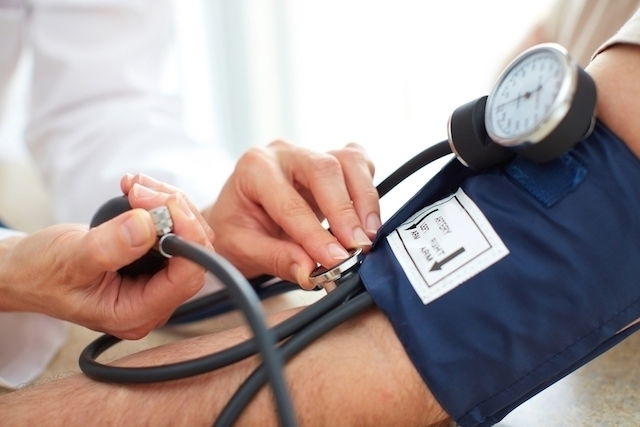Lowering blood pressure when it is high (more than 140/90) may involve:
- Trying to relax a bit, especially if the blood pressure was triggered by stress, worry or intense emotions. Check your blood pressure again once you feel more calm.
- Seeking pain relief if you are feeling pain. You can use analgesics, especially if your pain is related to blows, fractures or illnesses that affect your joints, like osteoarthritis. Check your blood pressure again once the pain has improved.
- Binge sure you have not forgotten to take your blood pressure medication if you take it. Once you have taken your missed dose, check our blood pressure again in 1 hour.
- Ensuring your blood pressure machine is calibrated and well placed on your arm. You can measure another person’s blood pressure to see whether it is working correctly.
If you notice other symptoms, like shortness of breath, headache, chest pain or blurry vision, or if your blood pressure is more than 180/20, you should seek immediate medical attention, as you may require treatment with anti-hypertensives. Learn more about the symptoms of blood pressure that you should monitor.
It is important to consult your family doctor or cardiologist if you suspect your blood pressure may be high. You may need to start treatment with medication, or adjust medication dosing. Lear

What causes high blood pressure?
High blood pressure is common in people with conditions in which blood flow has difficulty flowing through the vessels. However high blood pressure can be temporary and can occur in anyone at any age, particularly in situations like:
- Getting bad news
- Becoming emotionally
- Consuming a large meal
- Exercising very intensely
An occasional peak in blood pressure is not clinically concerning and is often controllable, especially if the person is generally healthy. However, persistently high blood pressure should be assessed to rule out any cardiac disease.
People with hypertension should monitor their blood pressure periodically. They are advised to take their blood pressure medication as prescribed, exercise regularly, and maintain a healthy diet that is low in salt and fat.
How to manage high blood pressure
High blood pressure should be managed to prevent complications. You should check your blood pressure at least once a week and report these values to your doctor. This way, the doctor can have a better perception of your blood pressure, which will guide treatment.
There are many natural ways to lower blood pressure as well as lifestyle measures to consider in order to keep your blood pressure within regular limits:
- Lose weight and maintain an ideal weight
- Maintain a low-salt diet
- Exercise regularly
- Quit smoking
- Avoid stressful situations
- Take your prescription as prescribed
A home remedy for blood pressure includes drinking orange juice. Orange juice contains anti-hypertensive properties and can be consumed on a daily basis. However, this should not replace the medical treatment prescribed by your doctor. Read about other home remedies for blood pressure that you can use as a compliment to your medical treatment.






























